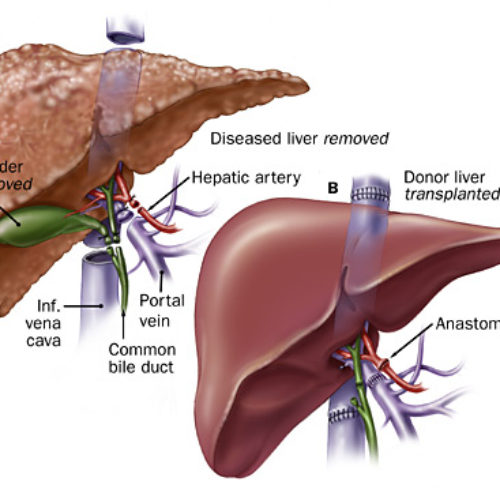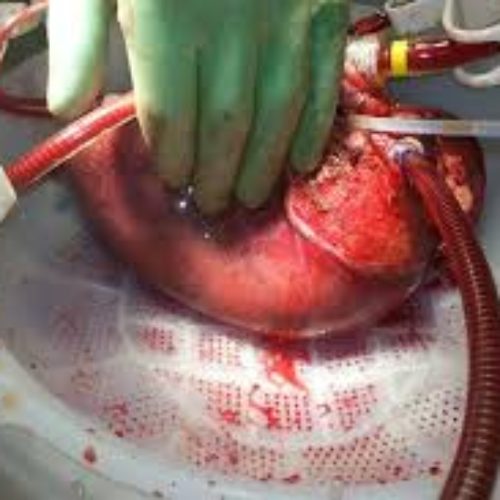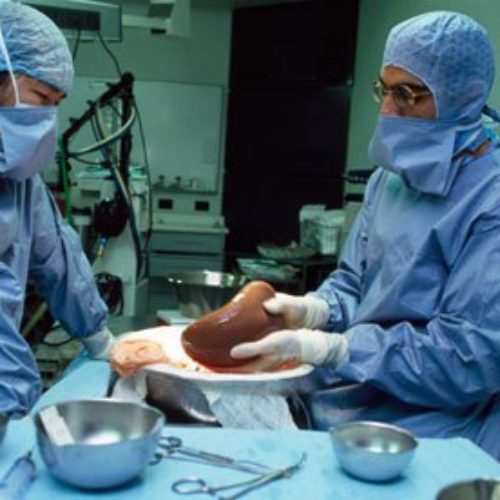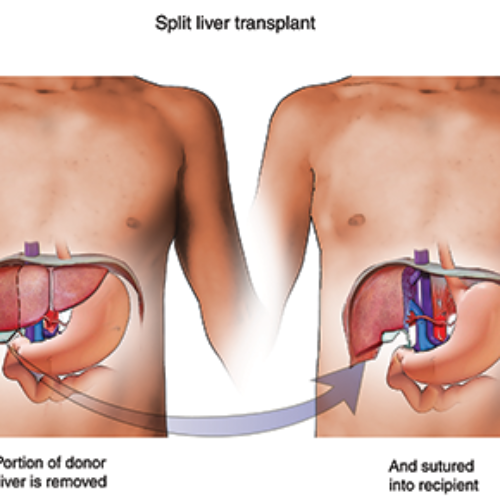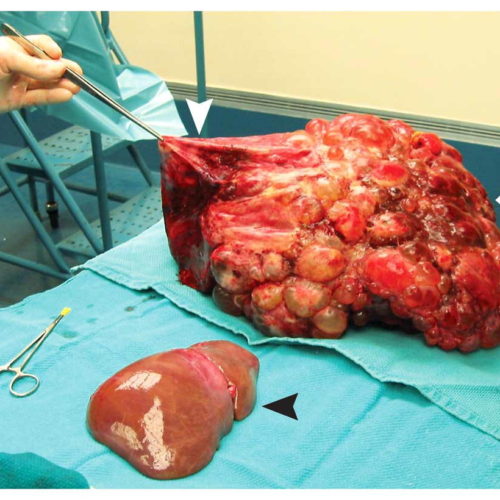Liver transplant
Liver transplant

A liver transplant is a surgical procedure to remove a diseased liver and replace it with a healthy liver from a donor. Most liver transplant operations use livers from deceased donors, though a liver may also come from a living donor. We take a portion of liver from a live donor which is easily available as compared to a deceased donor.
The number of people waiting for new livers is much larger than the number of available livers, so liver transplant is reserved for people who are critically ill. Some people receive a liver transplant right away, while others spend many months waiting for a liver transplant. We provide the opportunity for the patients not to wait in the waiting list because we do liver transplant through a live donor which does not need waiting in waiting list and critical patients can benefit from this opportunity.
Living-donor liver transplant
Living-donor liver transplantation offers an attractive alternative to deceased-donor organ transplantation. You may have a shorter waiting period and equal or improved life expectancy with a living-donor transplant. In living-donor liver transplant, surgeons remove a portion of a donor’s liver. Another surgical team then removes the recipient’s entire diseased liver and replaces it with a portion of the living donor’s healthy liver. The donor’s liver and the portion of the donor’s liver given to the recipient grow back to their full size within a few weeks. Living-donor liver transplant also may be performed from adult donors to pediatric recipients.
Donor eligibility and information
The transplant team will evaluate you to determine if you can donate a portion of your liver. Donors must be less than 55 years old, because the liver doesn’t grow back as well in older people. You’ll have blood tests to determine if your blood and tissue types are compatible with the organ recipient. Transplant staff will interview you, and you’ll need to provide your medical history. You’ll also have a thorough physical examination and psychological evaluation. Several other tests, including detailed imaging of your liver will be performed to ensure that you’re in good health and that your liver can safely be divided.
Transplant staff will discuss with you and your family the benefits and risks of donating a portion of your liver and answer your questions. After you donate a portion of your liver, living-donor coordinators and other transplant staff members will offer you support and follow-up care for several months after your surgery. You’ll spend about a week in the hospital recovering, and you should plan for two to three months off work.
Why it is done?
Liver transplant is a treatment option for people who have end-stage liver failure that can’t be controlled using other treatments and for some people with liver cancer. Liver failure can occur rapidly, in a matter of weeks (acute liver failure), or it can occur slowly over months and years (chronic liver failure).
Liver failure has many causes, including:
- Liver cirrhosis
- Alcoholic liver disease
- Nonalcoholic fatty liver disease
- Early-stage liver cancer
- Hemochromatosis
- Primary biliary cirrhosis
- Primary sclerosing cholangitis
- Wilson’s disease
- Biliary duct atresia
- Cystic fibrosis
After a liver transplant
After your liver transplant, you can expect to:
- Possibly stay in the intensive care unit for a few days ( 5 days to 7 days ). Doctors and nurses will monitor your condition to watch for signs of complications. They’ll also test your liver function frequently for signs that your new liver is working.
- Spend 15 to 20 days in the hospital. Once you’re stable, you’re taken to a transplant recovery area to continue recuperating.
- Have frequent checkups as you continue recovering at home. Your transplant team designs a checkup schedule for you. You may undergo blood tests a few times each week at first and then less often over time.
- Take medications for the rest of your life. You’ll take a number of medications after your liver transplant, many for the rest of your life. Drugs called immunosuppressants help keep your immune system from attacking your new liver. Other drugs help reduce the risk of other complications after your transplant.
Results
Expect six months to a year of recovery before you’ll feel fully healed after your liver transplant surgery. You may be able to resume normal activities or go back to work a few months after surgery. How long it takes you to recover may depend on how ill you were before your liver transplant.
Survival rates after liver transplant
Your chances of a successful liver transplant and long-term survival depend on your particular situation. In general, about 72 percent of people who undergo liver transplant live for at least five years. People who receive a liver from a living donor have higher survival rates because having a living donor usually means a shorter wait for a liver. For liver transplants using living donors, the five-year survival rate is about 78 percent.
Persian International Health Tourism is a private company act as a facilitator between patients/visitors, best medical teams and various hospitals suggesting best available options based on your required treatment or other services.

